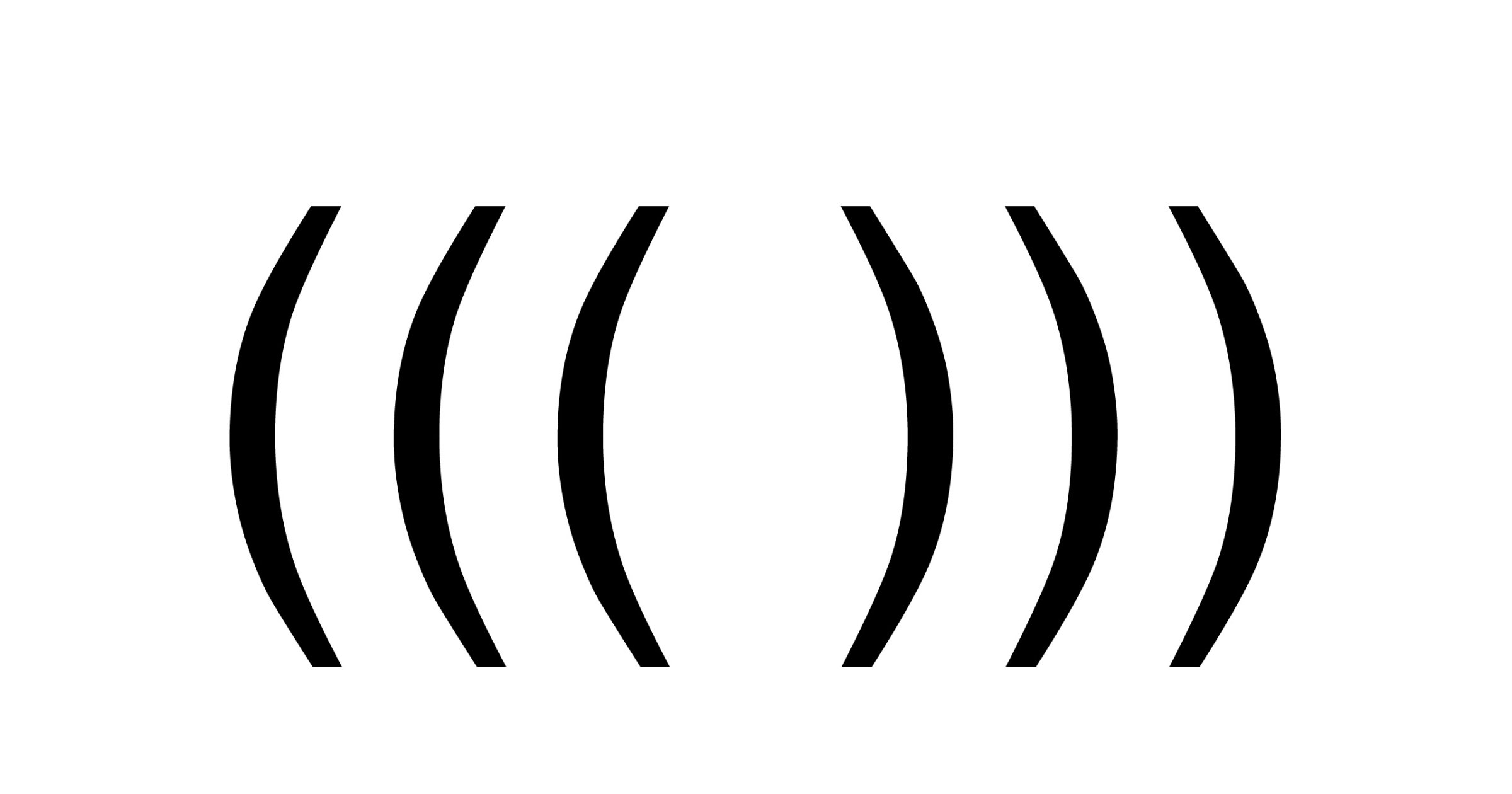
This past week a group of anti-Semites and racists co-opted the simple punctuation mark of parentheses and converted it into an anti-Semitic meme. It spread virally across social media almost overnight.
The (((echo))) symbol, typically consisting of two or more pairs of parentheses used around someone’s name to signify that the person is Jewish, is not entirely new. It was created during a 2014 anti-Semitic podcast. But anti-Semites have been using it with increasing frequency to target journalists thought to be Jewish. This could come in a retweet or a reply, typically accompanied with nasty comments and even serious threats. Its use became so widespread that the Anti-Defamation League, of which I’m the CEO, officially categorized it as a hate symbol.
The echo is but one recent example of how hate is spreading online. Earlier this year, when Microsoft introduced “Tay,” described as “a chatbot created for 18-24 year-olds in the U.S. for entertainment purposes,” the company intended it to be an interesting experiment in artificial intelligence applied to Twitter. In less than 24 hours, however, thanks largely to feedback from online interactions, the bot’s tweets degenerated from “humans are super cool” to “Hitler was right I hate the jews (sic).” These simply were regurgitated from tweets directed at it by users.
Microsoft pulled it, apologizing for its “unintended and hurtful tweets.”
Although certainly not what Microsoft intended, the experiment was instructive because “Tay” was a window into the echo chamber of cyberspace, a place where unfettered anti-Semitism and bigotry travels hand-in-hand with other bigoted rhetoric. While not a reflection of society itself—our polling suggests that anti-Semitic attitudes in America are largely in decline—it shows how those on the fringes are using and abusing social media to mainstream anti-Semitic notions, themes and stereotypes.
According to a landmark 2014 Pew Research Center study on online harassment, 73% of adult Internet users have witnessed online harassment, and 40% have personally experienced it. Eighteen percent of Internet users surveyed reported that they had been physically threatened, stalked or harassed for a sustained period. And it is quite likely that those numbers have risen since the poll.
Yet for many people, including public figures and especially journalists, the problem has become an intensely acute one. In particular, reporters and pundits who have written anything remotely critical of Donald Trump have been besieged by venomous trolls—and Jewish journalists have been subjected to especially virulent attacks. When a Jewish reporter receives a tweet with a photo of a concentration camp captioned “Back to the Ovens!,” or someone says her face would “look good on a lampshade,” it is not a laughing matter. New York Times editor Jonathan Wiseman left Twitter to avoid the deluge of hate filling his screens.
One can find every kind of hate online, but misogyny is especially widespread. Many female journalists probably could qualify for combat pay. According to the International Women’s Media Foundation, women working in the media are increasingly targeted by readers or viewers who take full advantage of the anonymity offered by most websites’ comments sections to post everything from very personal criticisms about their appearance to their personal contact information to explicitly violent threats.
The hate now prevalent online is a sad commentary, but the picture is not totally bleak. Social media companies have taken steps to manage troublesome material in the past. They have tackled copyright infringement and child pornography. Users also can adopt strategies to mitigate risk. With a mix of user action, technical strategies and policy solutions, the torrent of online harassment also can be addressed. We launched the ADL Task Force on Online Harassment and Journalism to assess the problem and consider possible solutions.
The good news is Internet companies are in large part responsive when offensive content is flagged. The echo symbol was tied in with a “Coincidence Detector” app, which was available as a Google browser extension in the Chrome store. After we notified Google of this potential effort by neo-Nazis to target Jewish people online, the app was removed.
The triple parentheses symbol has also been co-opted by a number of high profile Jewish and non-Jewish Twitter users who have put the triple parentheses around their names in a show of solidarity in response to the alt-right haters.
I am inspired by journalists who have refused to be silenced, by users who have pushed back against the hate and promoted positive messages, by educators who are providing new tools and new resources, and by Internet companies who are undertaking increased efforts to enhance safety on their platforms.
Clearly there is no silver bullet to solve this problem. It will be an uphill battle. But it is time to act if we want to preserve the Internet as a platform for the free exchange of ideas. If we don’t treat the wound of cyber hate, we risk a fatal infection.
More Must-Reads from TIME
- Cybersecurity Experts Are Sounding the Alarm on DOGE
- Meet the 2025 Women of the Year
- The Harsh Truth About Disability Inclusion
- Why Do More Young Adults Have Cancer?
- Colman Domingo Leads With Radical Love
- How to Get Better at Doing Things Alone
- Michelle Zauner Stares Down the Darkness
Contact us at letters@time.com